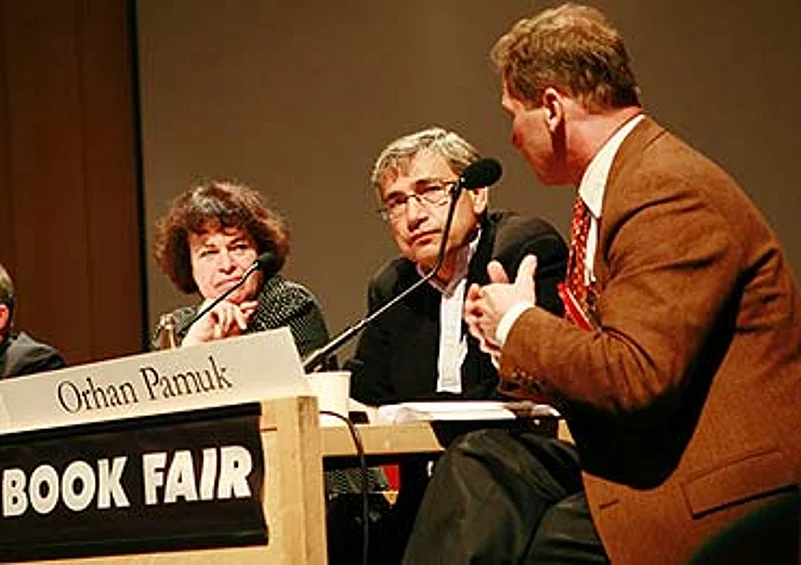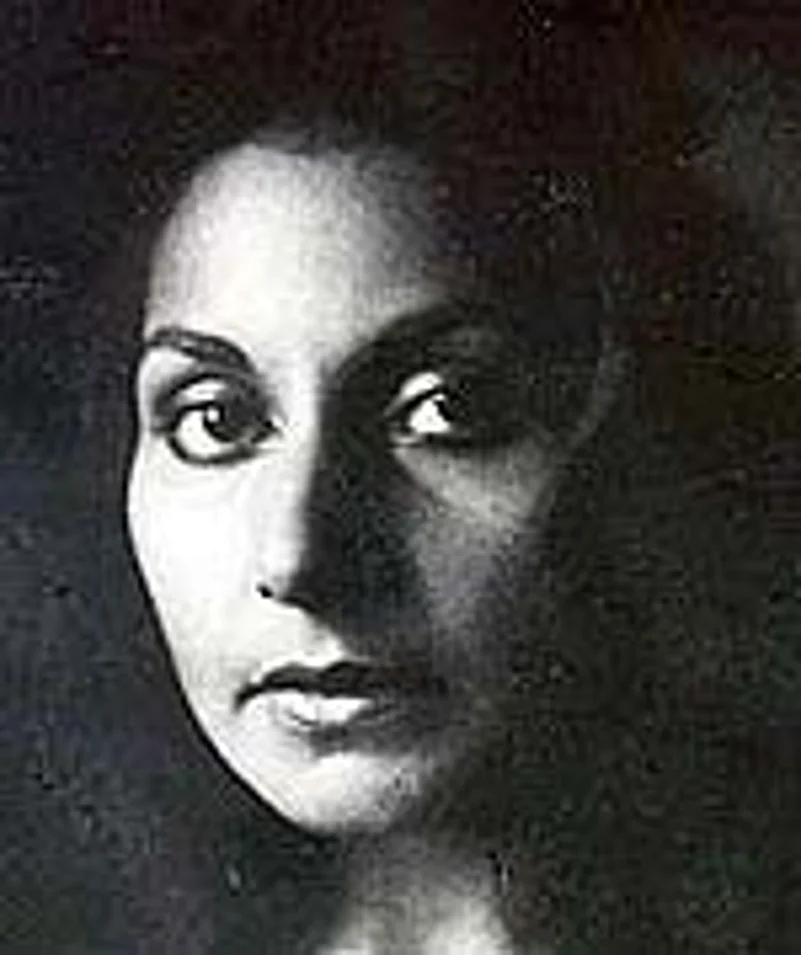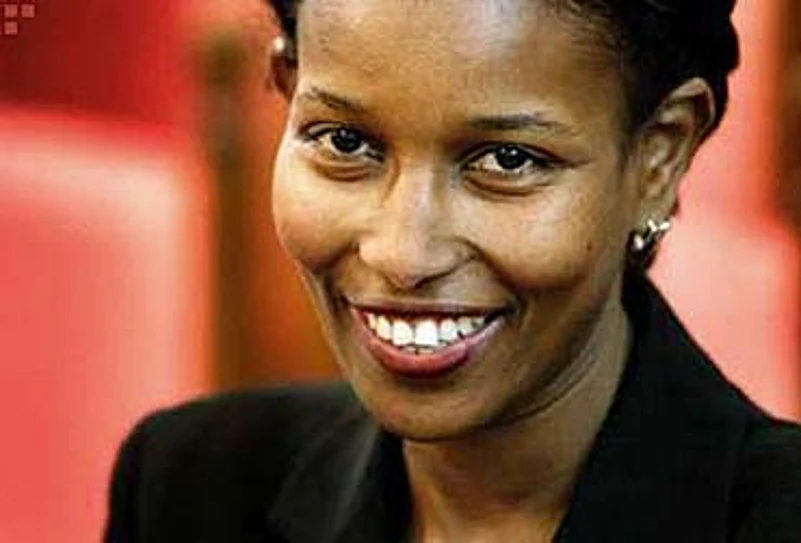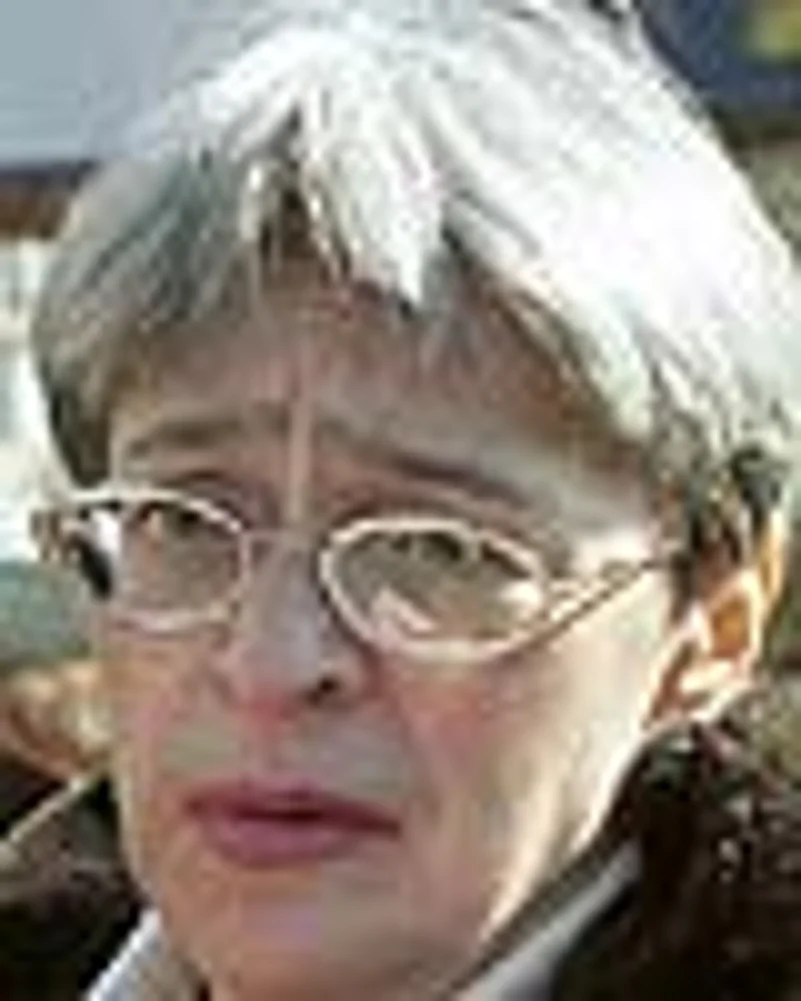Gothenburg’s "Bokmässan", as Sweden’s International Book Fair is called, demonstrates to the curious outsider how world literature is filtered through a Scandinavian consciousness. In India we’ve grown used to seeing in our bookshops international literature that comes to us either from the U.S. and Britain or, if in translation, then via these two countries. No one can complain about having access, in theory at least, to everything translated into or written in English, but it’s still worthwhile wondering about the nature of the universes we miss out on because our source is English. In Sweden, though, the filter seems similarly Anglophone.


Left to Right: Julian Barnes, Nadeem Aslam, Frank McCourt, Mahmood Darwish, Eoin Colfer & Sara Paretsky
The star guests at the book-fair were writers well known in the English-speaking world—Orhan Pamuk, Julian Barnes, Nadeem Aslam, Frank McCourt, Mahmood Darwish, Eoin Colfer, Sara Paretsky. The only particularly "Swedish" element, if one can call it that, was the liberal offering of platforms to oppressed writers from around the world or to those who because of their cultural backgrounds and their writing might have something to say about multiculturalism.
The Swedes take their role as protectors of civil liberties very seriously and there is something undeniably moving even if faintly symbolic about seminars involving a writer from Nagaland living in exile in Scandinavia, or a panel of Dalit writers, or outspoken women journalists from the Middle East. The ‘Freedom of Expression’ theme, however, gave the book-fair a bit of an "us and them" tenor. Sitting in well-appointed seminar rooms, listening to the Dalit painter Savi Savarkar thundering against Brahmin oppression or the Zimbabwean writer Chenjerai Hove talking about how he was constantly shadowed by enemies back home, one starts to get the absurd feeling that the world is in a state of siege and that surrounding this island of civility where people are free to speak their minds lie oceans of barbarism.

Thankfully, there were enough writers at the fair who recognized this contrast as false and who challenged it repeatedly without in any way defending clamps on an artist’s freedom of expression. Turkish writer Orhan Pamuk (who has since won the Nobel and who has been in trouble with the Turkish government over his statement that they murdered thirty thousand Kurds and a million Armenians) was one of the fair’s most outspoken champions of unconditional freedom of speech. Yet he also upheld his right to live in Turkey rather than give in to the inevitability of exile. At the same time, he rejected as ‘romantic’ the idea that a writer must live in his own milieu to write authentically or well, even while pointing out that only 3% of humanity was at present migrant and that he who had lived in Istanbul virtually all his life, was therefore merely ‘normal’. Istanbul, his recent memoir, celebrates and endlessly probes the experience of belonging to a place, yet Pamuk denied that he would have had trouble writing his books had he lived elsewhere.
Pamuk displayed a strongly individualistic unwillingness to have his choices used as the basis of conventional generalizations about how we should respond to oppression and dislocation. But there remained a gap between the logic of personal choice and the general rule. The question—does freedom of expression have a limit?—continued to trouble seminar discussants. Representatives of organisations set up to protect freedom of speech like PEN or the International Cities of Refuge Network pointed out how in Europe laws that were put in place to penalize the expression of anti-Semitic or sexist sentiments are now, in their extremity, in danger of curbing freedoms in the opposite direction. A case in point is the historian David Irving who denies that the Holocaust took place. Discussants felt that it should be possible to disagree with Irving without criminalizing or demonizing him. Pamuk, in his characteristically acerbic fashion, also made the point that the need to protect minorities from abuse could often lead to governments patronizing them. ‘Why are minorities treated like idiots?" he asked. Why is it the case that remarks that would not be considered offensive for majority groups should be censored when directed at minorities?

The British-Asian poet, Imtiaz Dharker, added a further dimension to this discussion when in a separate seminar she talked about self-censorship. One is caught between fundamentalist Islam and Islamophobia and there is the danger that you will start censoring what you want to say for fear that it will be seen as coming from one or another of these positions.
That Islam in the West has now come to be symbolized by things like 9/11 and the Danish cartoon episode, however much writers try to establish that ‘certainties are enemies of nuance’ as Dharker put it, became amply clear during the most charged seminar of the book-fair—a discussion between Somalian writer/politician Ayaan Hirsi Ali (who lives in exile in the Netherlands) and Swedish professor of Islamic studies Mattias Gardell.
Ali is under death threat for the script she wrote for Dutch filmmaker Theo vanGogh’s Submission on the oppression of women in Islam, a film he was murdered for. She is a critical insider—a Muslim woman radically rejecting both fundamental aspects of the Koran and interpretations of Koranic law. Yet inevitably she is also a Westerner—someone who has sought asylum in Europe, who uses channels of western media to express her views on Islam, who has recently joined the conservative Washington-based think-tank, the American Enterprise Institute, who has western bodyguards protecting her, and who talks about Islam in terms that are intelligible to the West. Ali has been called a female Salman Rushdie and Rushdie has endorsed her memoir—The Caged Virgin—which was under discussion during the seminar. But she has none of the novelist’s sense of irony or playfulness to fall back on. She can only be earnest, and being earnest has its pitfalls. Ali calls for a process of reformation within Islam but what she actually symbolizes is the now almost seductive idea of conflict between Islam and the West.

That it is dissidents rather than reformers who appeal to an imagination constantly fed on snapshots of fundamentalist Islam was clear from the mood in the packed auditorium. Gardell felt that Ali’s book over-simplified Islam, that there were voices within the ‘Muslim Brotherhood’ which strongly opposed events like 9/11, voices she had chosen to ignore, and that she also ignored the fact that everywhere in Europe Islamophobia was on the rise. While the audience booed Gardell (in the polite, murmuring way in which Swedish audiences would!), Ali tied herself up in knots. She had started out by berating the West for throwing out the baby with the bathwater and implying in their criticism of Islam a rejection of Muslims, but later said the opposite—Muslims ought not to believe that the West’s criticism of Islam amounts to a rejection of them as a people. Ali said that one constantly sees images of Muslims protesting against things like the Danish cartoons but never against acts of terrorism; Gardell pointed out that moderate Muslims voices are given short shrift in the media. There seemed to be no scope for nuance and Ali had the last word. Islam is not under attack, she said. The worst attackers of Islam are Muslims themselves.

Certainties like these seemed to win the day. The bodyguards flanking the aisles during the Ali seminar reminded one that freedom of expression even if being discussed in an intellectual environment cannot be thought of in abstract terms. The murder in Moscow two weeks later of book-fair participant and Russian journalist Anna Politkovskaja, one of the most outspoken opponents of her government’s policies in Chechnya, acted as another brutal reminder. The mood at Gothenburg this year was decidedly edgy even as the fair continued, through its range of seminars, to uphold the belief that the buying and selling of books can be subsumed under the more important task of talking about them.
Anjum Hasan is a poet and programme officer at India Foundation for the Arts,Bangalore
















